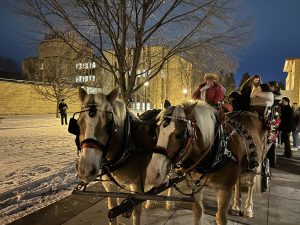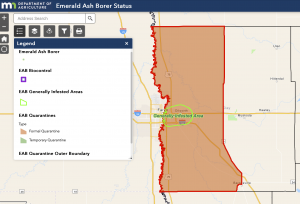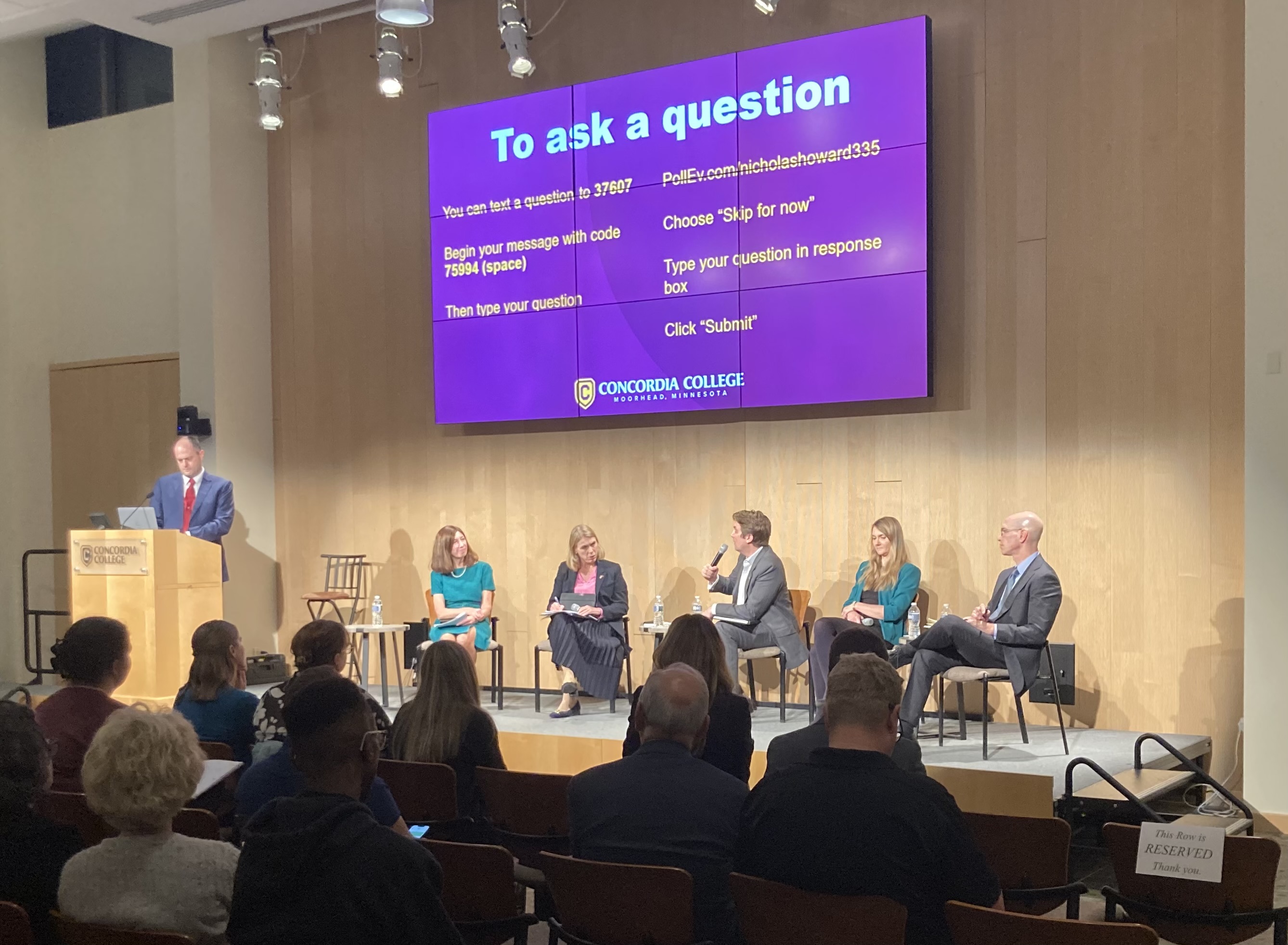In response to rising tuition costs, students around the country begin to question whether or not the degrees they’ve chosen justify the money they’ve spent.
According to a survey conducted by CareerBuilder in 2013, 32 percent of college graduates never end up working in their field of study. Some Cobber alumni, however, think majors aren’t the whole story.
“The fundamental utility of a liberal arts degree, I think, is being educated so that you are not constrained by your major, and not defined by your major,” Eric Johnson, director of alumni relations at Concordia, said.
Johnson pointed out how some degrees are less directly applicable to a task, such as philosophy or English. These majors are important but can sometimes be hard to market by themselves when searching for a job.
Then again, most jobs cannot be defined by one set of skills, either.
“Nothing that we do – not farming, not writing for a travel magazine – is as simple as the discreet task of looking at a spreadsheet … there’s so much more to it than that,” Johnson said.
In light of those views, many graduates do go on to find careers in their field of study. Elizabeth Balstad graduated in 2014 from Concordia with a biology major and a double minor in chemistry and psychology. Just five months after graduating, Balstad is working for Sanford Health at a cancer research facility in Sioux Falls, S.D.
Balstad believes Concordia helped her to prepare for this experience not only through the science courses that she took, but through her entire education. She specifically mentioned one case where a coworker asked her to make editing suggestions on a grant. Balstad said she felt he made many simple mistakes regardless of his extensive intelligence.
“Even if the whole well-rounded liberal arts thing gets annoying, it’s really helpful,” Balstad said.
Another member of the class of 2014 had similar comments about her Concordia education.
Siri Manning graduated from Concordia last May with a major in political science and a minor in history. She now works for the State of Minnesota in St. Paul, Minn.
“Concordia taught me how to learn,” Manning said. “Yes, I learned how to write and research and think critically, but the true value of a Concordia education is the ability to adapt to a new style of doing things and adapting quickly to that new style,” Manning said.
Johnson suggests Concordia’s education differs from many colleges because of the values and practices it teaches, rather than just the knowledge in a specific field is one that Johnson also supports.
“We work harder than NDSU or MSUM or U of M to work with our students, to help (students) unlock the potential of an expanded sense of vocation,” Johnson said. “(A student’s) degree isn’t a commodity to get you a job and a paycheck. Both of which are pretty important. The education that we can help our students obtain is much deeper than that.”
Manning, who also spent a semester studying in Washington D.C. says that the skills she learned at Concordia were the most valuable part of her education at Concordia.
“In a nutshell, Concordia taught me how to be resourceful in order to find ways to help people in some small way,” Manning said.
Whether or not Concordia graduates find careers in their specific area of study, they still take away many important lessons from their years at Concordia. Johnson says Concordia’s mission means to instill something special in students.
“Learning is a precious thing for its own sake. It is not a commodity” Johnson said. “Education is a worthy thing, not because it gets you a paycheck or a job, but because it makes us better citizens of the world.”









Be First to Comment